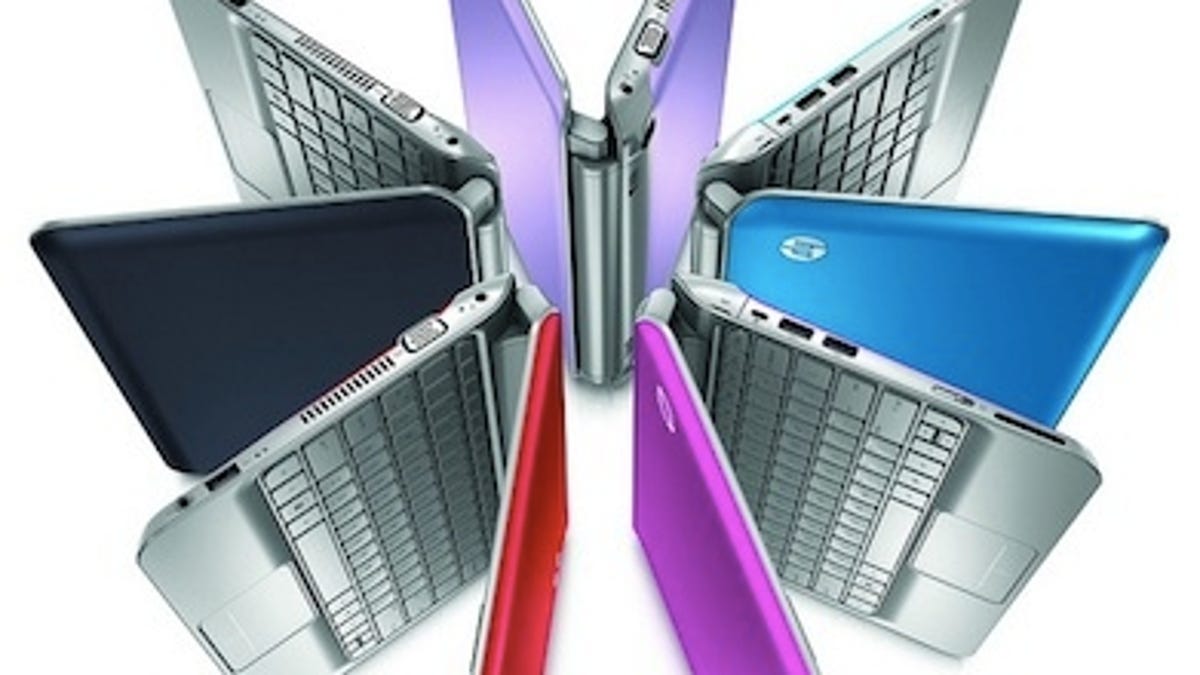Netbooks get faster but less popular, at least in the U.S.
More netbooks with faster yet power efficient processors are on the way, but they're not a very popular item in the U.S. market anymore.

Netbooks will get a boost from faster Intel silicon. The question is, does anybody still care?
Intel's new Cedar Trail silicon for Netbooks will endow new models with up to 18 percent better overall performance, including a two-fold increase in graphics speed while maintaining long battery life, according to Intel.
Windows 7-based Netbooks typically sport 10-inch screens, are under three pounds, boast up to ten hours of battery life, and priced below $400.
Netbooks are not designed for high-end productivity like photo editing or demanding games, as the Atom processor in the Windows environment is built for power efficiency, not speed.
"We're trying to show that netbooks have pockets of interest and momentum," Mark Miller, a marketing executive for netbook processors at Intel, told CNET.
Though there is a decline in netbook sales in the U.S., Western Europe, and Japan, in emerging countries the netbook is gaining traction, Miller said. "There is a long-term sustainable business driven primarily by these emerging markets."
U.S. demand for netbooks has fallen thanks to Apple's iPad and, more recently, Amazon's Kindle Fire. The iPad, for example, offers a solid Web browsing and media consumption experience, rendering the netbook less appealing than, say, three years ago when the iPad didn't exist.
Hewlett-Packard, Asus, Lenovo, Samsung, and Toshiba are all slated to ship new netbook models in January or early next year, Miller said.
And what else is coming down the pike for Atom? A single-core "Medfield" chip for Android tablets and smartphones is on the way, Miller said. And, following that, "Clovertrail" is "a vehicle for Windows 8 tablets and hybrids," he said.

